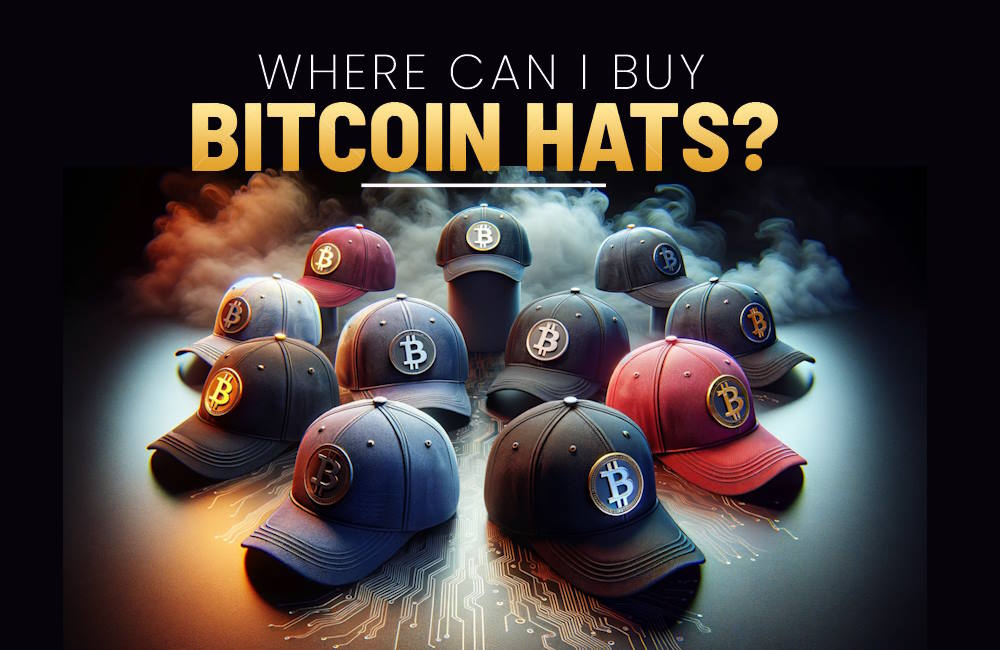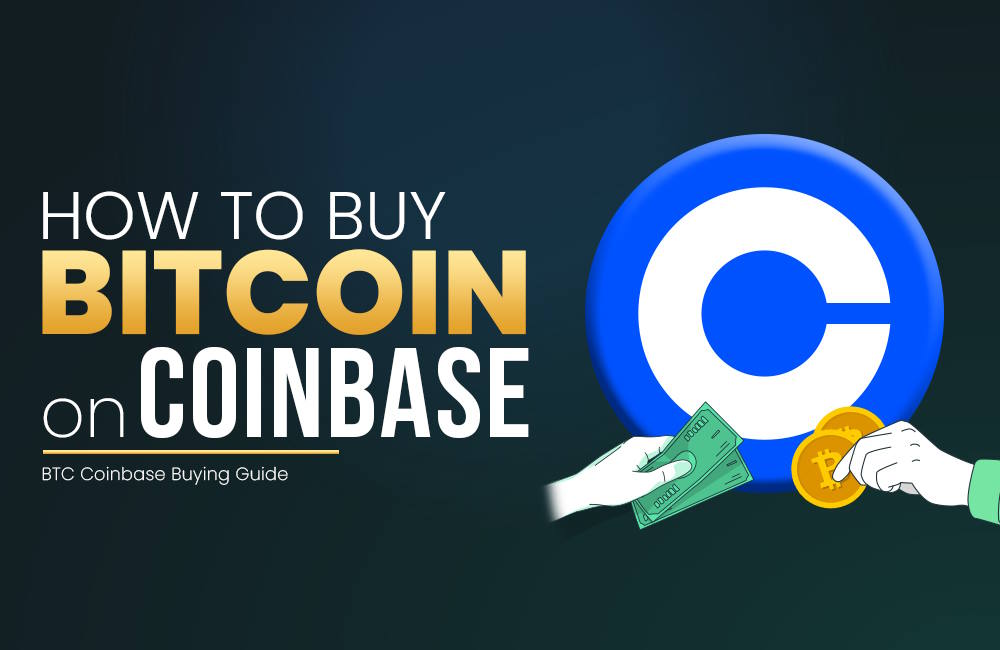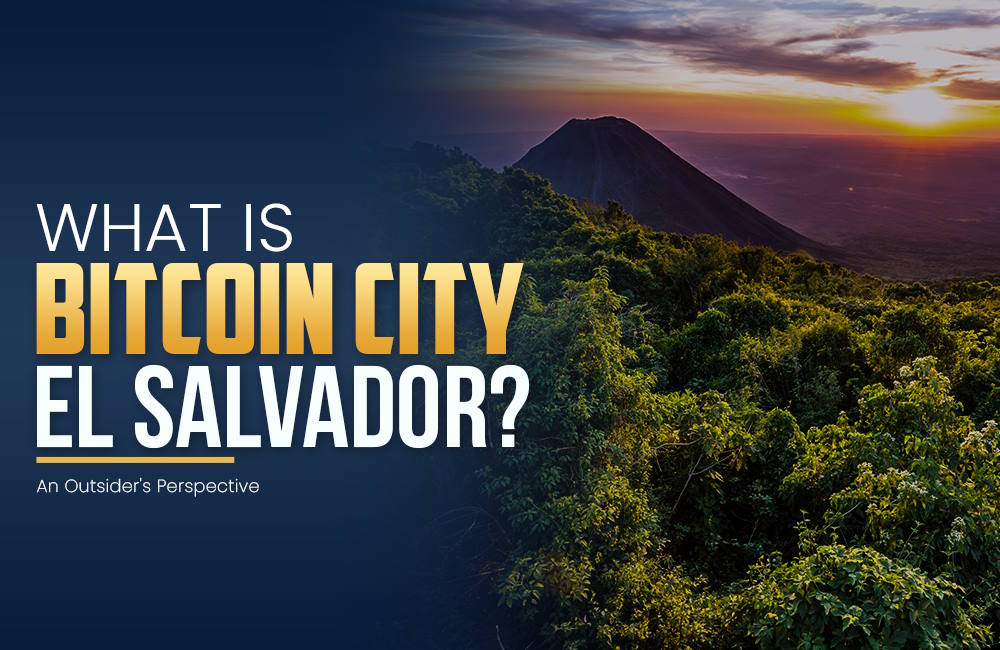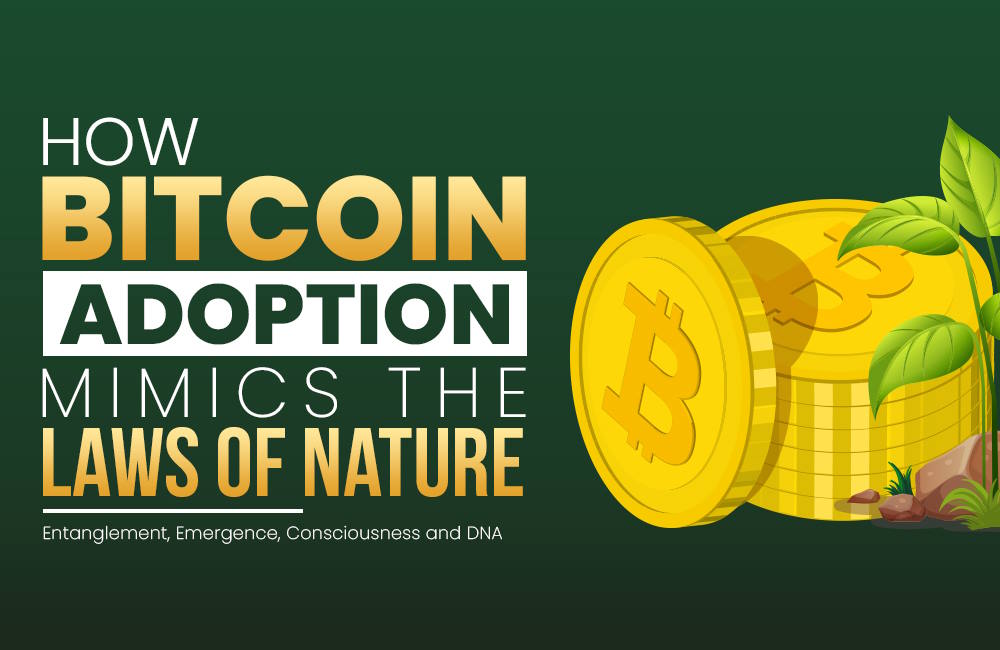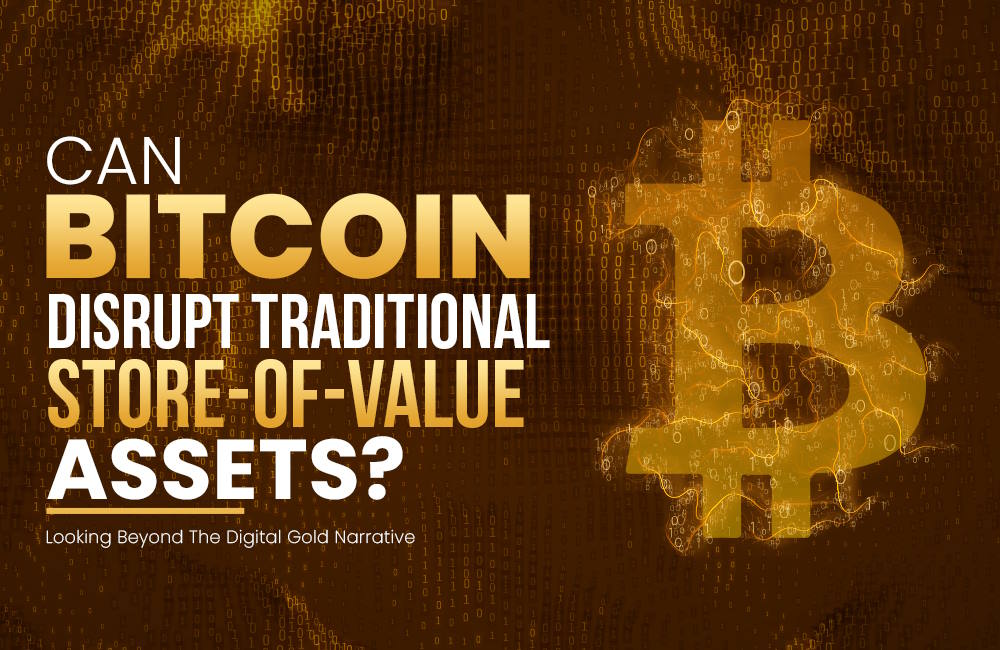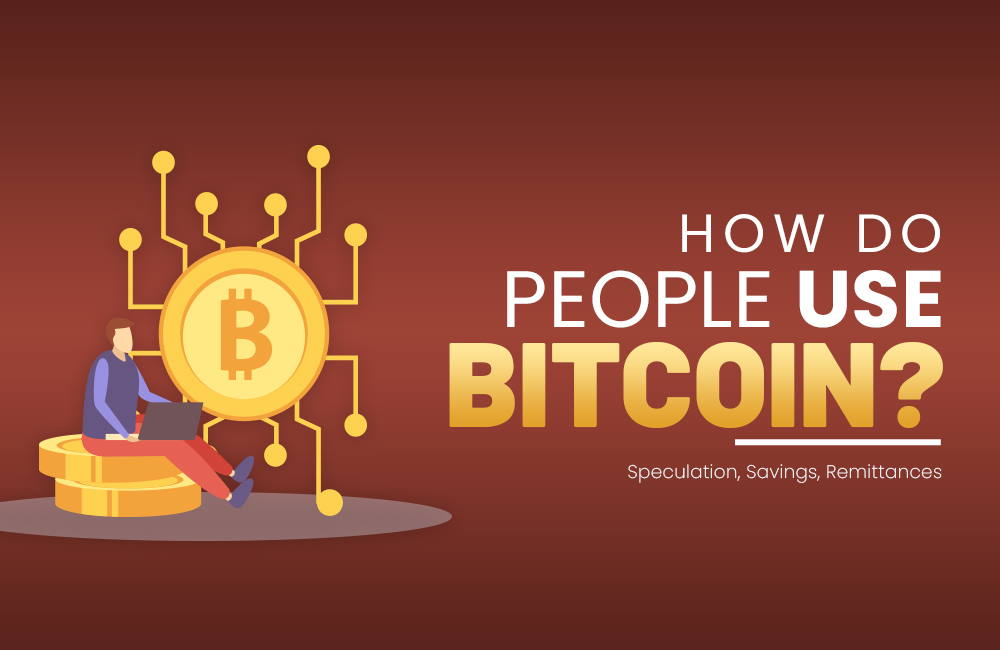
What we're talking about:
How Do People Use Bitcoin?
As we rush through our modern lives, eyes fixated upon our phone screens, it’s easy to forget that we share the planet with 8 billion other people. 8 billion individuals, each one living under incredibly diverse circumstances.
Despite our differences, certain aspects affect us equally, such as the environmental challenges set to face our children or the pandemic restrictions that encroach the normality of our lives.
Bitcoin is one such global phenomenon that spreads seamlessly across national borders. Its utility is versatile enough to meet the requirements of Wall Street bankers but is equally capable of supporting sugarcane farmers in Latin America or woodcutters in central Africa. The ways in which people use Bitcoin vary drastically from region to region.
How Westerners Use Bitcoin
When you consider that Bitcoin serves its purpose as a digital currency but also carries scarce properties akin to precious metals, it’s easy to understand why there is no single, standardized use case for this virtual coin.
Due to its portrayal in Western media, two typical narratives usually spring to mind when thinking about Bitcoin. Its volatility leads to price speculation, while its robust monetary features lead to its consideration as a long term store of value. These two use cases are commonly reported in the media but do they take into account the varied requirements of those 8 billion people mentioned above?
Western societies with efficient tax policies and functional healthcare systems enable their citizens to safeguard their wealth and invest their disposable income. This is why bitcoin, with its volatile price action, is often traded like a tech stock.
Dig a little deeper though and you’ll see how people around the world, far away from the boardrooms of Wall Street and Silicon Valley, are clutching desperately onto their hard earned satoshis to protect their livelihoods, yet are also beginning to acquire a taste for self-sovereignty.
How the Rest Use Bitcoin
Let us then spare a thought then those who are not so fortunate, such as the 1.4 billion people who carry out their daily business without access to basic banking services. These people cannot simply drive up to an ATM to withdraw some cash or call their banker to negotiate a loan.
In fact, circumstances beyond their control often cause the unbanked in less affluent countries to give up the comfort of their family homes to move abroad and work long hours for minimal pay. The money earned is then sent back home, only for it to be chipped away at along the way by hefty processing fees. Welcome to the remittance industry, a slow and unfair system that preys upon the paychecks of hard-working migrants.
It’s no coincidence that bypassing remittances was a key driving force in El Salvador’s push to adopt bitcoin as legal tender. Taking the fee money out of the coffers of large corporations and placing it back into the pockets of Salvadoran citizens is not only beneficial to the people but also redirects capital back into the local economy.
Most interestingly, the true utility of this workaround lies within Bitcoin’s network properties and has very little to do with price speculation. Novel payment organizations like Strike allow people to use Bitcoin for its permissionless and borderless transport protocol, even when they wish to send and receive fiat currencies.
Economies in developing countries that do accept bitcoin as legal tender, can easily leverage the Lightning Network to facilitate the large quantity of micropayments that would otherwise be impractical to achieve on Bitcoin’s base layer blockchain.
Bitcoin: A Peaceful Revolution
The political and financial circumstances of certain developing countries aren’t as stable as you may be accustomed to in the West, oftentimes placing their people’s ability to save at significant risk. Bitcoin’s combination of censorship-resistant decentralization and its fixed monetary supply is the secret weapon for those citizens facing rampant hyperinflation or tightening capital controls. These powerful traits are the reason why more and more people around the world are learning to use Bitcoin to protect their wealth.
The decentralized aspect of Bitcoin’s network is what gives users the upper hand as governments and their central banks cannot intervene in the protocol’s code or alter the currency’s monetary policy. As a neutral, decentralized system, Bitcoin empowers people from all over the globe, allowing them to stand up to these restrictions in a peaceful manner.
All that’s required to partake in the quiet revolution is a mobile phone and an internet connection.
Seeing the Bigger Picture
Investing into bitcoin has proven time and again to be a lucrative investment opportunity and early adopters have certainly been rewarded handsomely. It is when you begin to grasp Bitcoin’s purpose as a decentralized, globally accessible and fair tool, that you truly appreciate the intrinsic value behind its network. Understanding its place in the bigger picture will teach you that there’s much more to the coin than moonshots, memes and Lambos.
What we're talking about:

